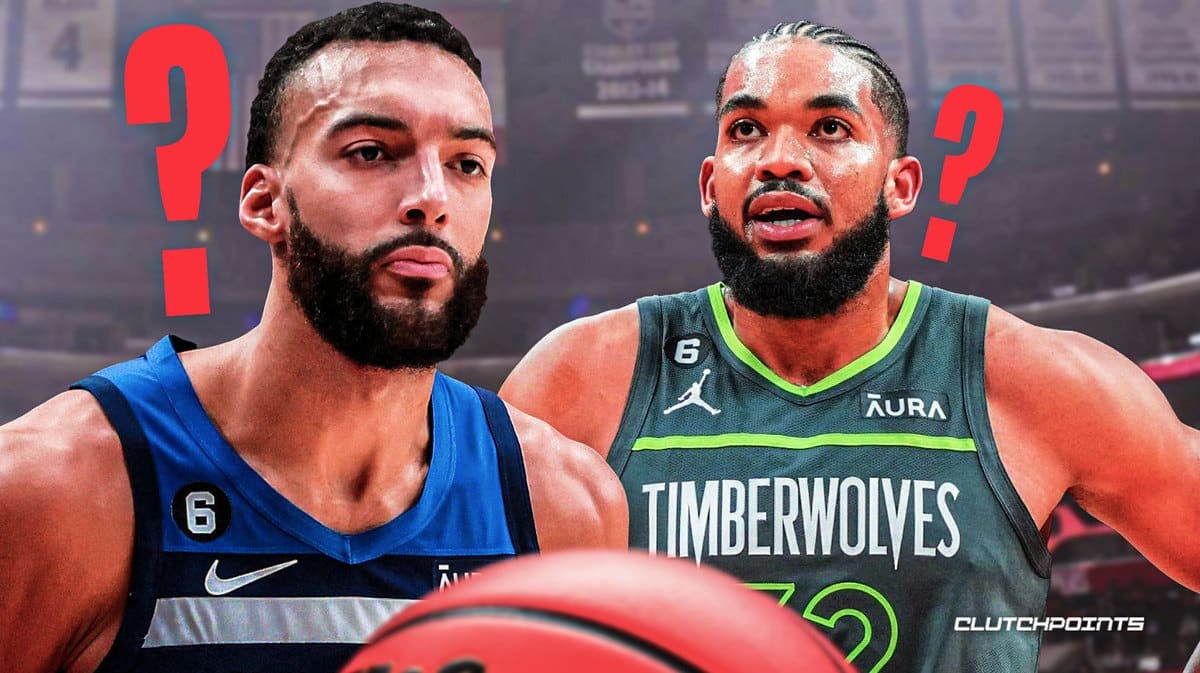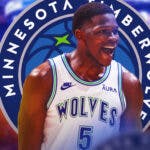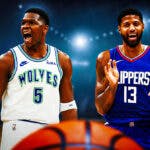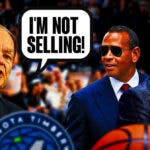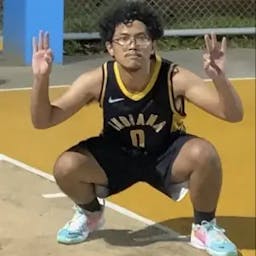Who knew that trading four unprotected first-round picks, in addition to three helpful role players and a high-potential rookie (Walker Kessler), for another center when you already have Karl-Anthony Towns on the roster isn't the best idea? The Minnesota Timberwolves apparently didn't. In a league trending towards two-way versatility brought forth by skilled size, pairing Rudy Gobert with Towns was certainly a brave, if daft, choice.
See, it's not even Rudy Gobert per se that has been the problem for the Timberwolves. Of course, it hasn't helped that Gobert's production hasn't been on par with that of his output back when he was still with the Utah Jazz. His efficiency declined and his rebounding and block numbers tapered off a bit, an exceptionally detrimental combo for a player whose greatest strengths lie in those facets of the game.
But it's the price that the Timberwolves paid for Rudy Gobert's services that hurts the most. It's one thing to trade away a boatload of positive assets for a certain game-changer, like the Phoenix Suns did for Kevin Durant this past February.
The Suns, as one would recall traded away four first-round picks and a pick swap (like the Timberwolves did for Gobert!) for the future Hall of Famer. They did so at the expense of depth, because it's Durant, one of the greatest to ever play the game. Durant is a transformative offensive presence, and his defense isn't too shabby either.
But Rudy Gobert cannot create his own shot, can be played off the court in certain matchups, and his fit with Karl-Anthony Towns is clunky — on both ends.
As enticing as it may be to give up on Gobert, however, it's simply too early for the Timberwolves to have buyer's remorse.
With that said, here is the player the Timberwolves must trade this offseason.
1 player Timberwolves must trade in the 2023 NBA offseason: Karl-Anthony Towns
Hear me out for a second.
If there's anyone the Timberwolves would prefer to give up, it's Rudy Gobert. Towns is three years younger than his frontcourt mate, and his skillset is far more suited to today's NBA. For as much flak Towns has received for being a poor rim protector, it hasn't prevented a team from having success. Just look at the Sacramento Kings, a team that was able to hold its own this season even with Domantas Sabonis — not the best shot-blocker or interior defensive presence — holding the fort.
Given the Timberwolves' current roster makeup, a lineup of Mike Conley, Anthony Edwards, Jaden McDaniels, Kyle Anderson, and Towns definitely seems like it could make some noise even in a congested Western Conference. That lineup has just the right blend of floor spacing, perimeter defense, and star power, especially with Edwards coming into his own.
So why should the Timberwolves fall prey to the fallacy of sunk cost by refusing to trade away Rudy Gobert? The answer is simple: the Timberwolves may have a ready-made replacement for Karl-Anthony Towns on the roster in the form of Naz Reid.
Reid saw his role get yanked around considerably throughout the 2022-23 season. But the 23-year old big man still flourished, showcasing his offensive versatility in the opportunities the Timberwolves coaching staff gave him.
The Timberwolves' unheralded big man has amazing handles for his size, and his touch around the hoop is incredible as well. It's no surprise that the Timberwolves would want to bring him back. However, he will be an unrestricted free agent, which means that he could sign with any team he chooses and the Timberwolves won't have a say in it.
Naz Reid may end up choosing to pursue other options, because if the Timberwolves retain both Towns and Gobert, it's difficult to envision Reid playing a bigger role than the one he had this past season.
Even then, Towns remains the most talented among the three. So why trade him? Given his coveted skillset, a Towns trade will enable the Timberwolves to recoup the assets they traded away for Gobert. Towns is under contract for at least four more years, so any team that will be acquiring him will have its star center for years to come. The assets they can get for Towns will then enable them to replenish the team with the depth pieces they need to flourish even further.
In terms of the on-court product, if the Timberwolves need a burst of offense from the five-spot in matchups that handicap Gobert, they can instead rely on Naz Reid, who will be making a lot less on his next contract than Towns would with the supermax extension he signed. Thus, in terms of maximizing assets relative to cost, trading Towns appears to be the best play, as daft as that may sound at first.
